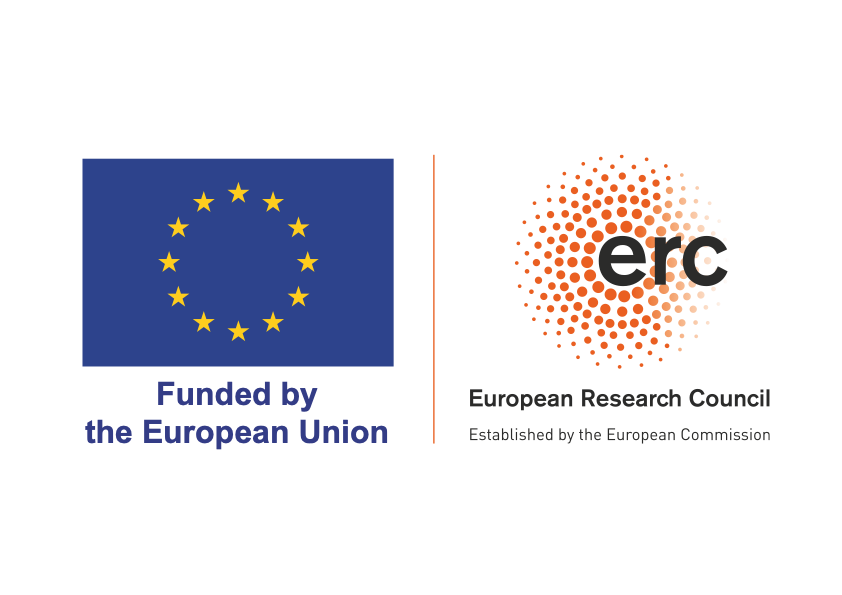The Credibility of Collective Defense Commitments in NATO in the Early Stages of Trump’s Second Term
Study description
This study is an ad hoc follow-up to the longitudinal investigation of public views on collective defense commitments during the second Trump presidential administration (see “Public Support for Collective Defense in NATO during the Second Trump Administration: A Longitudinal Study” and “NATO’s Collective Defense Credibility during the Second Trump Administration: A Longitudinal Study in Russia”). We collect survey data three times annually from the following countries: the United States, the United Kingdom, Canada, Poland, Germany, and the Russian Federation. Our primary aim is to test whether Trump’s rhetoric and approach to alliance management lead to discernible shifts in public perceptions of and support for collective defense commitments in NATO. On the one hand, some experts argue that Trump’s approach undermines the credibility of U.S. commitments to NATO allies, which could, in turn, erode the credibility of NATO’s system of collective defense as a whole. On the other hand, some argue that Trump’s unconventional approach will force European allies to make major investments in their defense, which could strengthen NATO’s military capabilities and, consequently, enhance the credibility of collective defense commitments. We propose competing hypotheses to account for these countervailing developments (while noting that they could potentially offset one another, resulting in no net change in public views of collective defense).
In the original preregistration, we noted our intention to retain the flexibility to conduct ad hoc surveys following significant future events that may plausibly influence public attitudes in this area. As of early March 2025, we have experienced an unprecedently belligerent rhetoric with respect to the European allies and Ukraine, a cessation of the U.S. military assistance to Kyiv, and a reproachment with the Russian Federation. Many foreign policy commentators have noted that these significant events have already damaged the credibility of U.S. commitments to NATO. The ad hoc March 2025 survey allows us to investigate the impact of these events by comparing the current views on collective defense credibility with those we found in our first survey round in January 2025.
Data collection procedure
In the first survey round, we used the Prolific online platform to collect data from five NATO countries (the United States, the United Kingdom, Canada, Poland, and Germany). In the United States and the United Kingdom, we opted for the “representative sample” option provided by this service. In the remaining three countries, we set quotas for gender. Eligible participants were at least 18 years old and had an approval rate of 95% or higher on Prolific, with a history of completing between 5 and 2000 studies on the platform. We included all participants who completed the study in our analysis. In the second survey round in March 2025, we followed up with the same participants to investigate how their views on individual survey items changed since January 2025.
For the Russian sample, we worked with a polling company, Levada, to field the survey to a representative sample of 1600 Russian adult respondents via their regular omnibus survey (face-to-face, in-person data collection). The second round of data collection in Russia is scheduled for March 20, and this report will be updated accordingly as soon as we receive the data.
Sample size
First wave (January 2025):
United States: 1005
United Kingdom: 1005
Germany: 1003
Poland: 1003
Canada: 1003
Russia: 1616
Second wave (March 2025):
United States: 538
United Kingdom: 573
Germany: 753
Poland: 688
Canada: 702
Russia: N/A
Data analysis
Below, find categorical plots showing percentages of respondents who selected the given response in January 2025 and March 2025 survey waves. To allow easier interpretation, we aggregated the responses made on a nine-point scale into three categories (Unlikely, Neither likely nor unlikely, Likely; or Oppose, Neither opposed nor supportive, Supportive; or Unreliable, Neither reliable nor unreliable, Reliable).
Results
NATO’s General Credibility: NATO is a military alliance. Article V of the NATO agreement states that an attack on one NATO member is considered an attack on all NATO members. Thinking about the world today, how likely or unlikely is it that NATO members would come together to defend each other in the event of an attack?
(1) Likelihood of U.S. Defending the Baltics: Latvia is a NATO member state located in Eastern Europe. Imagine that Russia and Latvia are at war. If this occurred, how likely or unlikely do you think it is that the following would send their armed forces to defend Latvia?
…United States
…United Kingdom
…France
…Germany
…Poland
…Canada
…NATO as a whole
(2) Support for collective defense: If Russia and Latvia were at war, would you be supportive of or opposed to your country sending their armed forces to defend Latvia?
(3) U.S. commitment to the Alliance: How reliable or unreliable is the United States’ commitment to NATO in general?
Updated on March 19, 2025
Written by: Michal Smetana, Lauren Sukin, Marek Vranka and Ondřej Rosendorf
Funded by the European Union (ERC, MICROCODE, 101160767). Views and opinions expressed are however those of the author(s) only and do not necessarily reflect those of the European Union or the European Research Council. Neither the European Union nor the granting authority can be held responsible for them.












